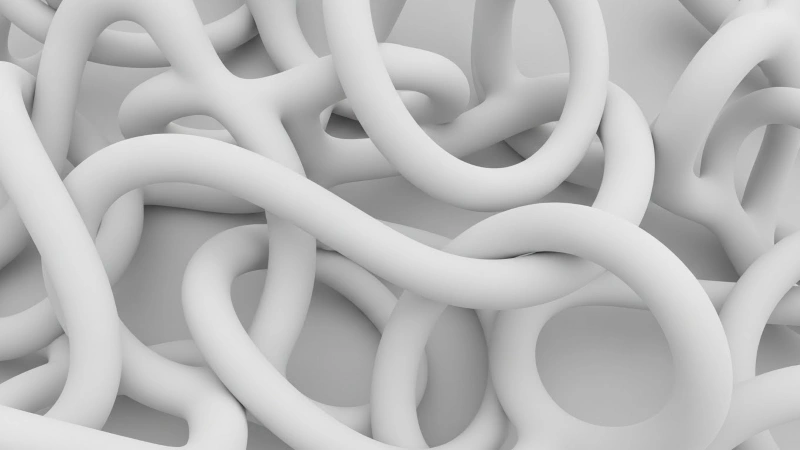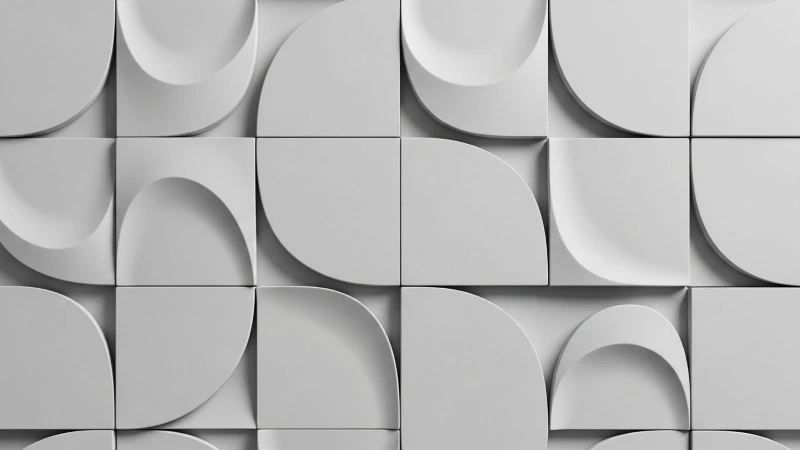
When considering updating your home or office space, one of the biggest questions is whether to hire an interior designer or an interior decorator. The terms are often used interchangeably in everyday conversation, but these professionals have different roles, responsibilities, and areas of expertise. This confusion often leads to uncertainty about which expert to hire, how much you might spend, and what results to expect.
Understanding the differences between an interior designer a decorator is essential if you want to ensure that your project runs smoothly and meets your personal style and budget goals. Choosing the wrong professional might result in disappointing outcomes, unexpected costs, or delays.
In this article, we break down the distinctions clearly, so you can make an informed choice for your next project.
An interior designer is a trained professional skilled in both aesthetics and functionality. Their job involves creating well-planned interiors that are not only visually pleasing but also safe, practical, and compliant with building codes. Interior designers often work on new constructions, renovations, and remodeling projects.
Interior designers have formal education, often with degrees in interior design or architecture, and many are licensed or certified depending on local regulations. Their training covers space planning, lighting, materials, safety standards, ergonomics, and sometimes even HVAC and electrical systems.
Typical tasks of an interior designer include:
Their role extends beyond decorating; they plan how a space functions on a fundamental level.
An interior decorator focuses on the visual styling and furnishing of a space. Their work centers around choosing furniture, textiles, colors, lighting fixtures, window treatments, and decorative accessories. Decorators aim to create an inviting atmosphere that reflects the client’s personality and taste.
Unlike interior designers, decorators generally do not alter the structure or layout of a room. They work with the space as it exists, focusing on surface aesthetics rather than technical design or construction.
Decorators may have formal training in design or art, but are not typically required to hold licenses or certifications.

The scope is the clearest difference between the two. Interior designers take on a broad range of tasks, from spatial planning and safety compliance to lighting and acoustics. Their work often involves blueprints, technical drawings, and collaboration with other building professionals.
Interior decorators, on the other hand, focus exclusively on decorating. Their tasks involve choosing colors, fabrics, furniture styles, and accessories to beautify the space. They do not handle structural changes or technical details.
Interior designers possess knowledge of building codes, construction processes, and technical drawing. They can create plans that comply with safety and accessibility regulations and oversee the execution of these plans.
Decorators excel at color theory, texture coordination, and styling trends. They lack formal training in architecture or engineering.
Interior designers typically join projects early, especially for renovations or new builds, shaping the overall design and layout.
Decorators often enter after construction or structural work is finished, focusing on furniture placement and finishing touches.
Many regions require interior designers to be licensed or certified, ensuring they meet professional standards. Licensing exams typically test knowledge of building codes, safety, and ethics.
Interior decorators generally do not need licenses, though professional organizations offer certifications to signify expertise.
Choose an interior designer when:
Interior designers can handle everything from concept to completion, providing comprehensive design solutions.
Choose an interior decorator when:
Decorators excel at transforming rooms without extensive construction work.

Interior designers usually charge higher fees reflecting their advanced education, broader scope, and project management responsibilities. Their pricing can include consultations, design development, technical drawings, and site visits.
Interior decorators tend to be more affordable, focusing on consultations and selecting items within your budget. Their fees might be hourly or based on service packages.
Your budget is a significant factor when deciding between interior designer vs decorator. Large-scale projects with technical requirements warrant the investment in an interior designer.
For smaller updates or limited budgets, decorators offer style improvements that fit a tighter spending.
Hiring the right professional can save money over time. Interior designers can prevent costly mistakes and ensure your investment is sound, especially when dealing with renovations.
Decorators can maximize your budget by guiding smart furniture and accessory purchases that elevate style effectively.
At the start, clearly communicate your style preferences, functional needs, and budget. Make sure your interior designer or decorator understands your vision and constraints.
Clarity helps prevent misunderstandings and keeps the project on track.
Maintain regular communication, be open to suggestions, and provide timely feedback. Respecting their expertise and sharing your thoughts builds trust.
Be prepared for revisions; design is an iterative process.
Interior designers usually follow these phases:
Decorators typically:
Knowing these steps helps you anticipate involvement.
The decision between interior designer vs decorator depends on your project needs. Interior designers offer comprehensive solutions covering layout, technical, and aesthetic aspects. They are suited for remodeling, new construction, and complex projects.
Interior decorators specialize in styling and decorating existing spaces without structural changes. They offer a budget-friendly way to refresh your environment.
Understanding these roles helps you select the right professional to match your style and budget, ensuring a successful outcome.
About the Author
With a deep understanding of what companies need to build top-performing remote teams and fully remote departments, his journey with Uptalent has been dedicated to creating exceptional remote work solutions and helping companies thrive with top-tier remote talent.
Expertise:
Explore these related articles to dive deeper into the topic and discover more insights.

How a Digital Marketing Strategist Helps You Build Effective Campaigns

5 Key Benefits of SEO Outsourcing for Digital Marketing Agencies

The Importance of a Payroll Specialist in Preventing Payroll Errors